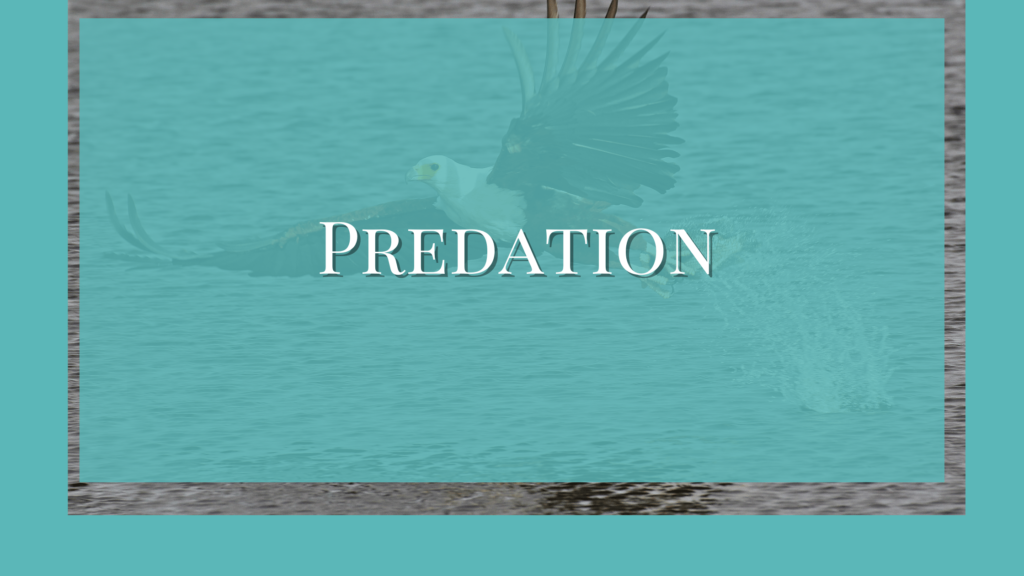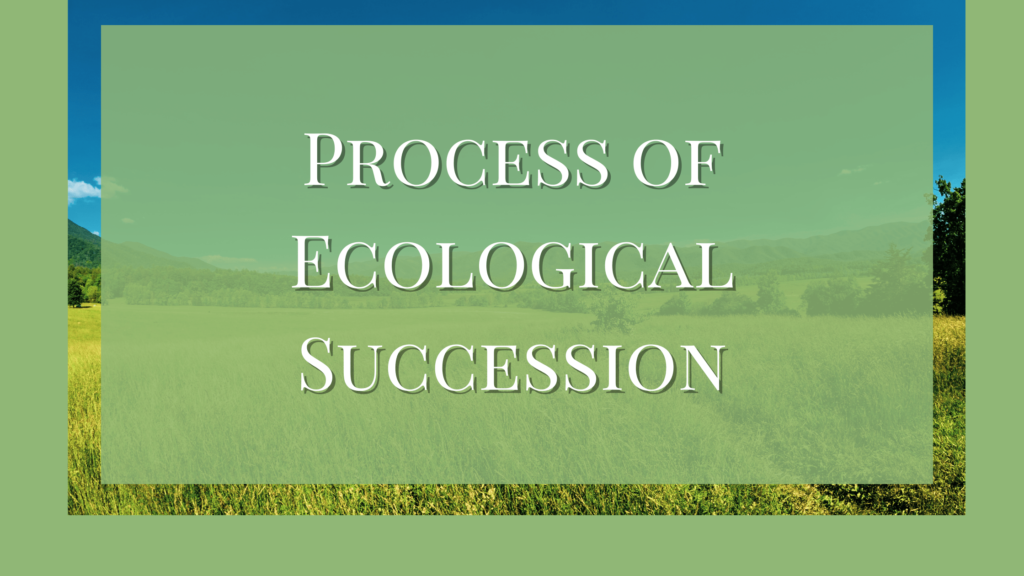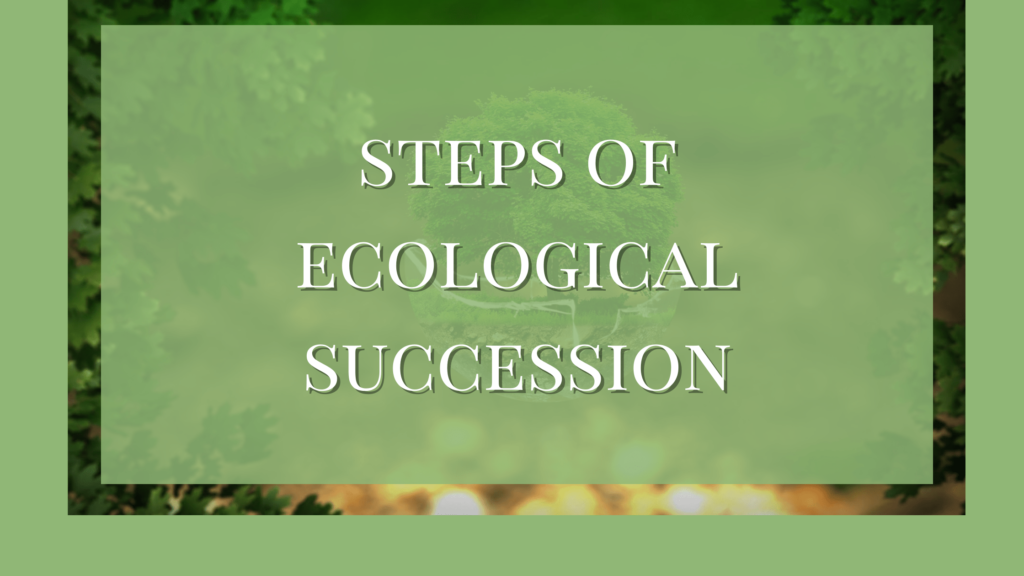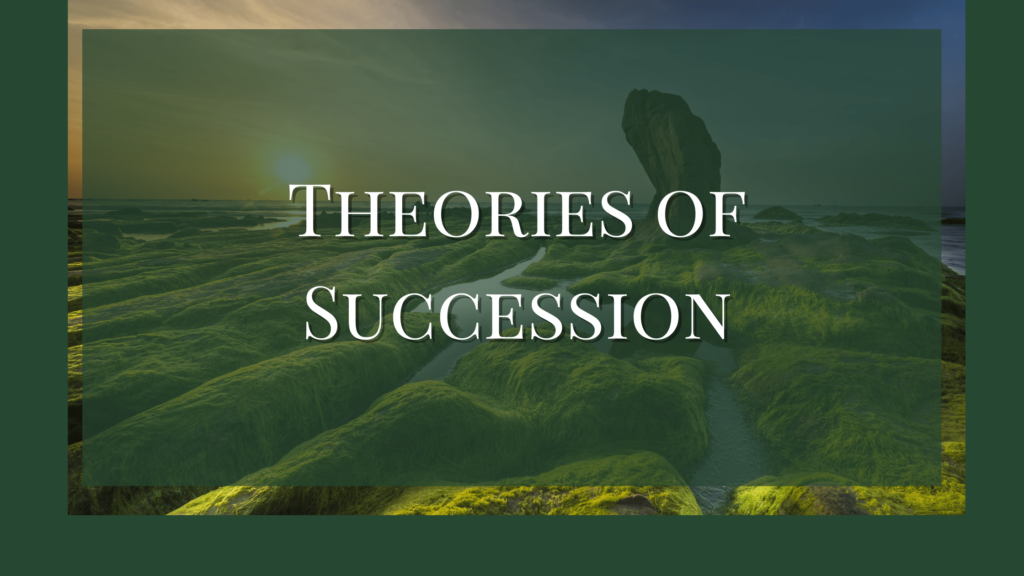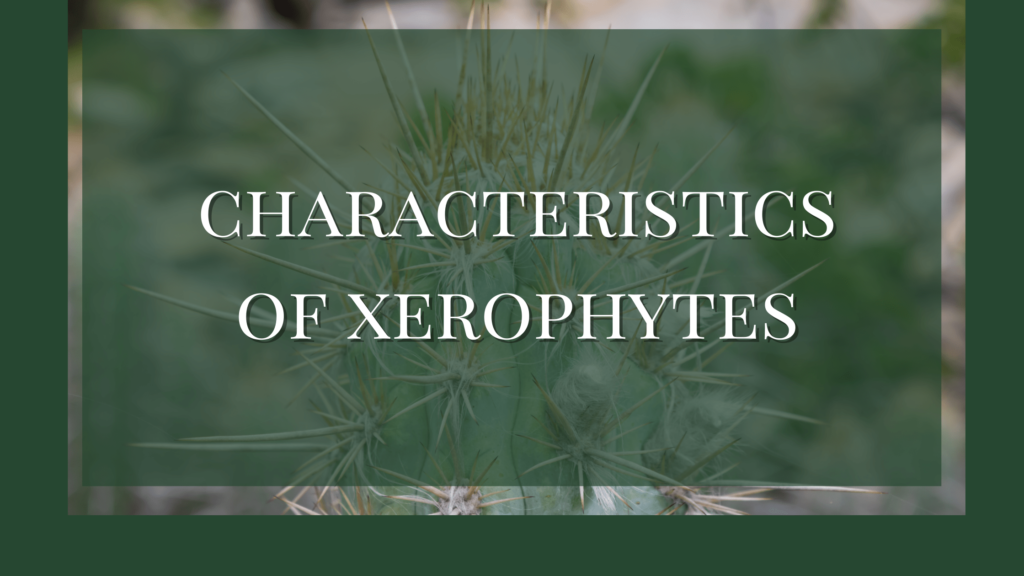What is Predation in Ecology?
Predation is the act of consumption of one living organism by another living organism. It can be defined as an ecological process of energy transfer from one living organism to another where the predator kills and consumes the prey.
The one that consumes is the predator and the organism that is consumed is the prey. This type of relationship is seen in predatory animals and predators are usually larger than their prey. Although it is mainly related to animals eating animals, herbivory is also considered predation.
It is a complex and direct interaction and is not a simple energy transfer process. Such prey and predator interactions result in coupled oscillations.
An example is a cat eating mice or a lion hunting down a deer. At the same time, not every predator has to be an animal. Insectivorous plants such as the pitcher plant and Venus fly trap, which trap insects and consume them are also predators.
Effective Predation
It requires the predator to be structurally, functionally, and behaviorally adapted to be able to prey upon another organism. Its general bodily organization, size, predatory strategies, environmental conditions, and the defensive strategies adopted by the prey all play an important role in deciding how effective it is.
Predators will have sharp claws, teeth, venom, etc that increase their chances of getting hold of their prey. They must also be fit, fast, and cunning to be successful.
Avoiding Predation
Generally, predators will have certain characteristics that help them capture the prey. On the other hand, the prey will have some adaptations to escape being preyed upon.
The characteristics of prey that help them avoid predation are called predator defenses which include coloration, chemical defenses, mimicry, cryptic coloration, etc.
Prey must be able to avoid predation to survive and be able to reproduce. The traits that help them improve their escape ability will eventually be able to pass on to their offspring. Cryptic coloration includes patterns and colors that help the prey blend with the background, making them difficult to spot and manage to escape.
Importance of Predation
Ecologically, some predators in local communities need to survive, as their elimination could destabilize the community structure. While the predator is fighting for its food prey will be running for its life.
This life-food principle holds the key to the evolution of the local ecosystem. The organism that wins this fight will be able to survive and reproduce. Not only will they be able to survive but will also be able to improve their skills in their respective motives.
References
- Minelli, A. (2007). Predation. Encyclopedia of Ecology, 2923-2929. https://doi.org/10.1016/B978-008045405-4.00287-1
- Predation, Herbivory, and Parasitism | Learn Science at Scitable. (n.d.). https://www.nature.com/scitable/knowledge/library/predation-herbivory-and-parasitism-13261134/
Additional Reading
- Commensalism: Definition &Types
- Herbivory Definition, Importance, and Adaptations
- Mutualism: Definition, Types & Specificity
